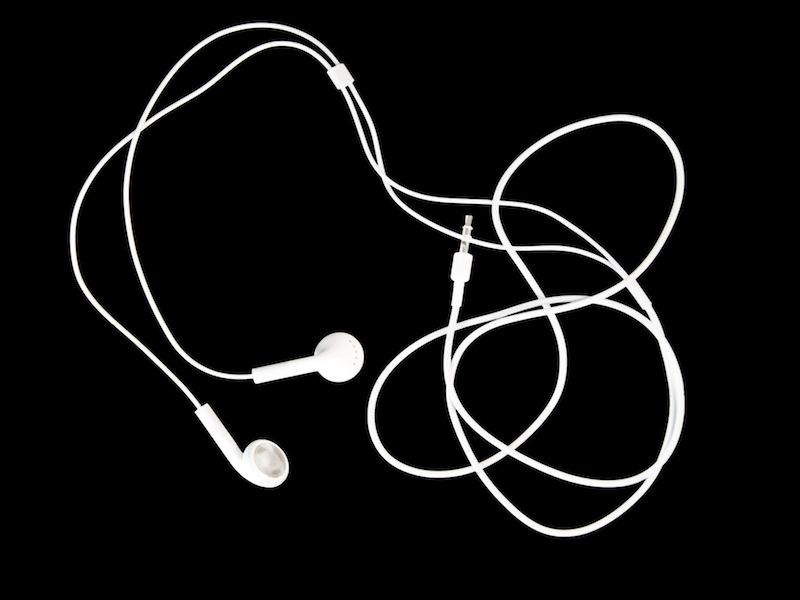
It’s not necessary to feel like your by yourself if you haven’t had a hearing examination since you were a youngster. It’s not usually part of a routine adult physical and sadly, we tend to treat hearing reactively instead of proactively. The majority of people ignore hearing loss, even when they are aware of it, for up to seven years which can significantly impact your health. In fact, untreated loss of hearing has been shown to raise your healthcare costs over time.
The good news, hearing tests are simple, painless, and give a wealth of facts for our professionals to assist you, both for diagnosing hearing problems and assessing whether interventions like hearing aids are working. A full audiometry exam is more involved than what you might remember from childhood and you won’t get a lollipop or a sticker when it’s done but you’ll get a far clearer understanding of your hearing.
It’s important that you regularly have your hearing tested even though you may not normally give your hearing as much consideration as your teeth or eyes. You might not detect an issue with your hearing for a long time. Hearing loss usually happens slowly, and the sooner you detect a problem with your hearing, the sooner you might be able to fix it.
When Should You Be Tested?
Typically the hospital will screen infants for hearing loss before they release them. Teenagers should be screened during routine checkups with their doctors and children should have formal hearing tests at the ages of 4, 5, 6, 8 and 10 years old according to The American Academy of Pediatrics.
If you are between the ages of 18 and 45, it is recommended that you have your hearing tested every five years and then more frequently as you age. After you turn 60 you need to get tested every two years and if you are between 46 and 60 every three years. But you may need to get tested more often. The regularity with which you need to get checked will ultimately depend on your specific circumstances. If you find that your hearing isn’t what it used to be, you should have it examined immediately. Neglected hearing loss has been connected to mental decline, depression and increased risk of falls and other health problems. Your ability to work effectively and your relationships can also be influenced.
There are also some circumstances in which you should have a hearing test as soon as you can to address loss of hearing that could get worse. An immediate hearing test is advisable if:
- Pinpointing where sounds are coming from is difficult
- You find yourself having to constantly ask people to repeat themselves
- Your ears have constant ringing in them
- There is earwax buildup or you had an ear infection
- Conversations are difficult to hear when you are in a crowded area especially
- You are experiencing vertigo
Whether you are at risk of hearing loss is another consideration. You should get your hearing screened more frequently, as an example, if you are exposed to loud noise or if loss of hearing runs in your family.
Also, more than 200 ototoxic medications exist. These medications can be quite harmful for your hearing and they range from some antibiotics to aspirin. Check with your doctor to make certain any medicines you are taking aren’t affecting your hearing. Think about having your hearing tested more frequently in order to address any loss of hearing immediately if you are using any ototoxic medications.
Also, take into consideration how your habits may be affecting your hearing loss. Are you using earbuds a lot? Hearing loss has substantially increased in younger people, and many experts think that this is due to the use of headphones and earbuds. Your hearing can also be substantially damaged by loud concerts, shows, and machinery. If you think that it’s time for you to get your hearing examined, schedule an appointment today.
The content of this blog is the intellectual property of MedPB.com and is reprinted here with permission.
The site information is for educational and informational purposes only and does not constitute medical advice. To receive a personalized free hearing test and hearing loss consultation, call today to set up an appointment.









